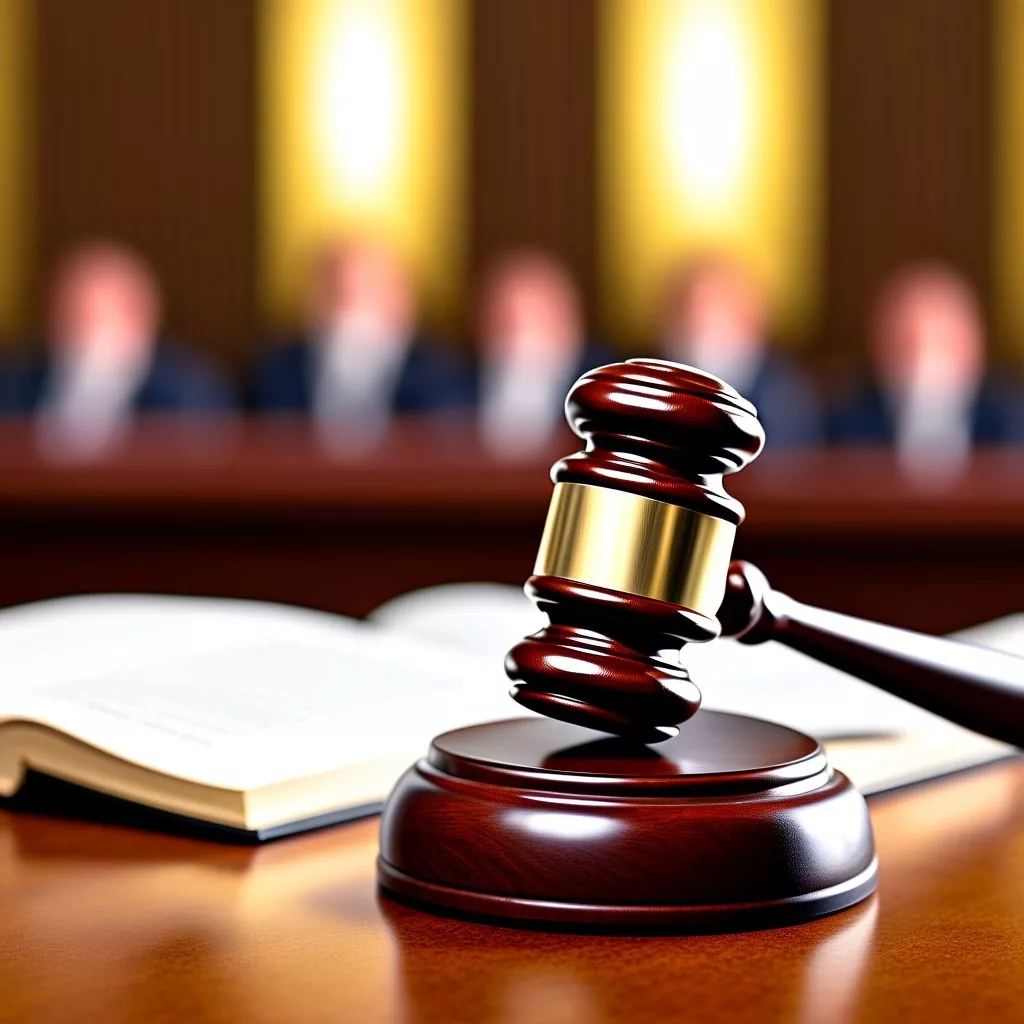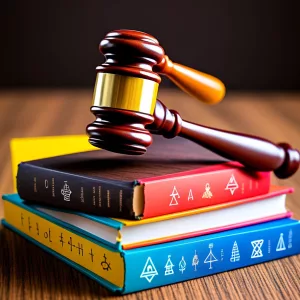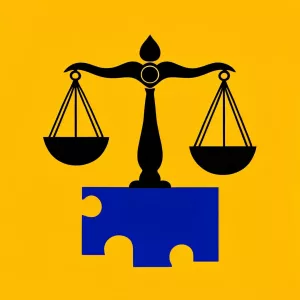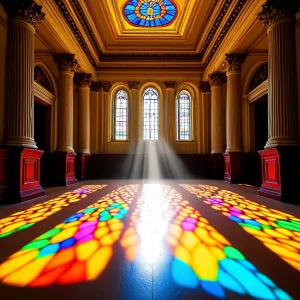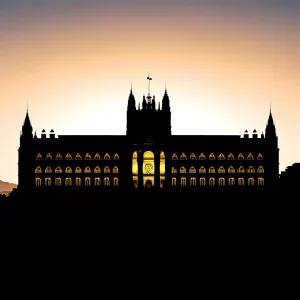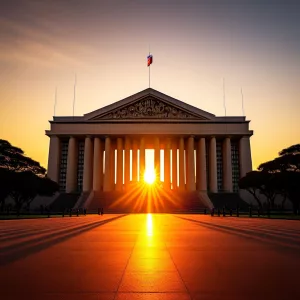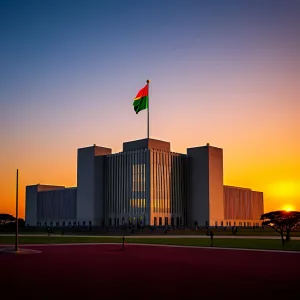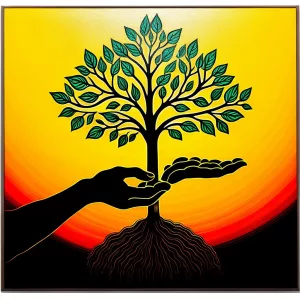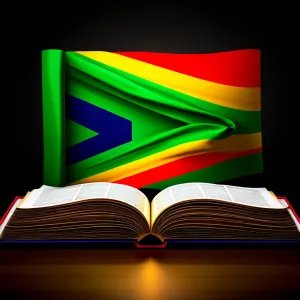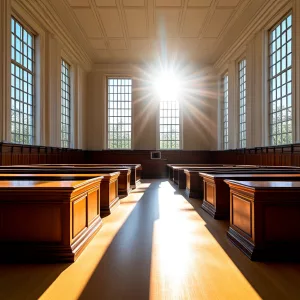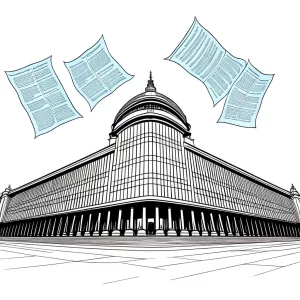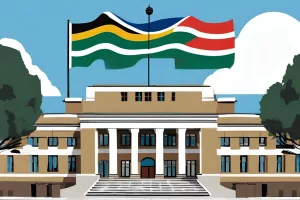Legal advisers in South Africa’s Parliament work quietly but powerfully to make sure all laws follow the Constitution. They check bills carefully, give fair legal advice, and stand strong for democracy. Recently, when their skills and honesty were questioned, the Speaker defended them, reminding everyone how vital their work is for keeping the rule of law alive. These advisers are the unseen heroes who help guide tough decisions and keep South Africa’s democracy steady and fair.
Engines of Accountability: The Tireless Pursuit of Social Justice in South Africa’s Parliament
South Africa’s Parliament plays a powerful role in fighting for social justice by closely watching how health, education, and social services are delivered to the people. Through careful oversight, committees expose problems like xenophobia and unequal access, pushing for fair laws and policies that include everyone. They hold meetings where government actions are shared openly with the public and media, making sure democracy stays alive and strong. This hard work helps turn big promises of equality into real chances for all South Africans to live healthier, happier lives.
Three South African MPs were attacked in Nyanga while checking on police training, as bricks were thrown at their car, causing injuries. This violent act reveals how dangerous it is for lawmakers to do their important work in places struggling with crime and poverty. Despite the attack, Parliament remains determined to keep watching over public safety and fight for justice. The incident shows both the dangers and the strength of South Africa’s democracy, pushing leaders and communities to work harder for peace and fairness.
Parliament’s Defining Season: Budget Battles, Eskom’s Future, and the Work of Oversight
South Africa’s Parliament in 2025 is busy making big decisions about the country’s money and the future of Eskom, the state power company. They are voting on the national budget through the Appropriation Bill and changing rules to help Eskom manage its debt better, now with stricter conditions. Parliament is also using new technology to let more people watch and join the talks live online. These actions show how Parliament is working hard to keep South Africa’s services running and its democracy open and strong.
Reimagining Gender Justice: Parliament’s Careful Examination of the National Council on Gender-Based Violence and Femicide Act
Parliament’s Portfolio Committee is carefully reviewing the National Council on GenderBased Violence and Femicide Act to make sure it truly protects women, girls, and genderdiverse people. They want to create a strong, efficient Council that can act quickly and include voices from civil society without getting bogged down in bureaucracy. The Committee is focused on clear timelines and real accountability, determined to turn promises into real safety and justice. This careful work shows South Africa’s deep commitment to fighting genderbased violence now and for the future.
South Africa’s Parliament is fighting hard against gang violence by rebuilding the AntiGang Unit, making police more responsible, and bringing in social support to help communities heal. They are also working to fix pension problems for former civil servants who have waited too long for fair payments. Stories from places like Nelson Mandela Bay show how deeply violence hurts families, while pension struggles reveal old wounds from the past. Parliament is pushing for honest, clear actions that protect people’s safety and dignity. Together, they hope to build a safer, fairer country where everyone can live with peace and respect.
South Africa’s Parliament is a busy, lively place where leaders meet each week to discuss and decide on important national issues. From setting agendas and debating budgets to deep committee work, lawmakers work hard to improve justice, security, and everyday life for citizens. Their debates highlight key challenges like land reform, education, and energy, while committees dig into details and hold the government accountable. Throughout the week, Parliament stays open to the public, showing how democracy is alive and growing in South Africa. It’s a place full of action, ideas, and hope for a fairer future.
Parliament’s budget vote in South Africa is more than just money talk—it’s the heartbeat of the nation’s democracy. This vote decides how funds support lawmaking, oversight, and public involvement, showing the country’s promise to fairness and open government. Each year, Parliament uses the budget to strengthen committees, encourage citizens’ voices, and keep democracy alive. It’s a powerful moment where history, hope, and responsibility come together to shape South Africa’s future.
During a busy week at South Africa’s Parliament, lawmakers work hard to decide how the country’s money is shared and spent. They meet in committees, debate important bills, and check on government actions to make sure things are fair and honest. This lively scene at Parliament shows how democracy is alive, with everyone—from leaders to citizens—playing a part in shaping South Africa’s future. Every choice made here affects schools, hospitals, and communities, helping to build a better tomorrow for all.
South Africa’s Parliament Budget Vote is a lively yearly event where leaders come together to decide how Parliament will be funded and held accountable. It’s much more than numbers—it’s about making sure the government listens to the people and stays fair. With open debates and live broadcasts, everyone can watch or join in, helping democracy grow stronger. This tradition connects South Africa’s past struggles with its hope for a just and vibrant future.
Certainly! Here is a fully rephrased, original article with the required structure, depth, and value, incorporating all key facts and meeting the length requirement:
David Mabuza was South Africa’s former Deputy President who brought honesty, calm, and teamwork to Parliament. He worked hard to fix land problems, support rural communities, and make government more open and fair. Known for his humble and caring nature, Mabuza connected people and inspired respect across party lines. His efforts helped build a stronger, more listening Parliament that still guides South Africa today.
Mandela Day is a special day in South Africa that honors Nelson Mandela by encouraging everyone to give 67 minutes of service, one minute for each year he fought for justice. It’s a day full of action, where people help others, work together, and keep fighting against poverty and inequality. The spirit of Ubuntu—meaning “I am because we are”—guides this day, reminding everyone that kindness and community build a better future. Parliament and citizens join hands to turn Mandela’s dreams into real change, showing that the struggle for fairness and unity is still alive and belongs to all.
South Africa’s 2025/26 parliamentary budget of R5.08 billion supports vital work like running Parliament, overseeing government actions, and serving members. Inspired by the historic Freedom Charter, which calls for freedom, equality, and justice, this budget aims to strengthen democracy and renew Parliament’s buildings and systems. Parliament actively listens to the people, fights inequality, and looks to the future with new technology and wider global engagement. This budget is more than money—it’s a commitment to building a fairer, stronger South Africa for all.
Inside the Chambers: President Cyril Ramaphosa’s Budget Vote Reply and the Anatomy of Parliamentary Engagement
Each year, President Cyril Ramaphosa stands in South Africa’s Parliament to explain and defend the government’s budget plans, focusing on big goals like growing the economy, improving healthcare, and boosting education. This important moment mixes facts with stories, helping everyone understand how public money will be used. The lively debates take place in a historic chamber that connects the nation’s past and future, while technology lets people watch and join in from afar. Through this mix of tradition and new ways of engaging, Parliament keeps the country’s democracy alive and open to all.
On 22 July 2025, South Africa’s Parliament came alive with urgent debates and important decisions. They renewed efforts to investigate statutory rape, aiming to protect young victims and bring justice. Lawmakers also focused on appointing trustworthy pension fund managers and tackled big bills about Eskom’s debt, taxes, and gambling rules. Throughout the day, the spirit of fairness, transparency, and hope for a better future shone brightly in their work.
The South African Parliament is a bustling center for political, socioeconomic, and legislative activities. It showcases the nation’s pledge to responsibility, transparency, and public participation in democracy. This week’s agenda includes a presidential session, committee meetings, and strategic planning sessions, highlighting the Parliament’s dedication to shaping the country’s policies and strategies. The Parliament is also committed to educating citizens about their rights and privileges and recognizing members who serve their nation.

